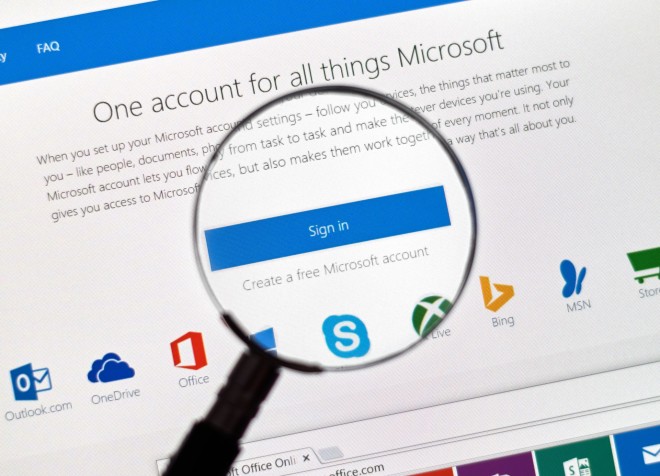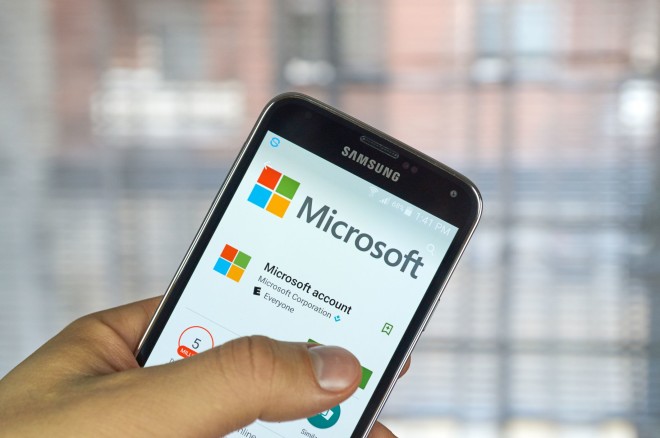Windows 10: The end of local accounts?
By now, you've probably noticed that Microsoft would love nothing more than for us Windows users to link our Windows PCs to Microsoft online accounts. Our only way out: offline accounts. And while Microsoft never tire of reminding us of the many benefits of a Microsoft account, like better access to Office 365, Xbox Live and the Microsoft Store (for us and a wealth of personal data for them), they've grudgingly tolerated local accounts for years. This practice may soon come to and end though!

Starting with Windows 10, Microsoft left no stone unturned to entice users to join the always-online bandwagon, extolling the virtues of goodies like full OneDrive access, Cortana and remote locking and wiping of Windows 10 devices. Online accounts were supposed to make everything better. If they could, Microsoft would have ripped out any and all offline functionality, including local accounts, a long time ago because, in their view, online is the new offline. Alas, due to economic constraints, and because Microsoft encountered a few hiccups while trying to convert Windows 7 users, offline account functionality stayed—even though local account creation was relegated to a tiny clickable link during installation. I'm surprised they didn't include a photo of Bill Gates giving us a punitive glance.
Here's the new situation: Windows scans for active WLAN or LAN-based internet connections and, if found, completely disables the offline option, no tiny marginalized link, nothing. If you want an offline account, you now have to unplug your network cable or disable WLAN until the setup procedure is complete. Naturally, as soon as you re-enable internet connectivity, Windows will display a popup reminding you to "complete" the installation by linking your copy of Windows to a Microsoft account. Talk about persistence! If you work as an admin and have to administrate a large number of PCs with offline accounts, this is sheer bullying. It's no surprise that this practice, which has so far been considered a minor field test and is now being rolled out to to more and more countries, hasn't met with much love from Windows users.
Forcing users to unplug their network cables is utterly ridiculous and may foreshadow the end of offline accounts altogether. But why not give it to us straight? If Microsoft want to take this step, they should just say so. Then, users can then decide whether they want to stick with Windows or look for alternatives. This is not sacrilegious! Many software developers have already switched to subscription and/or cloud-based business models with limited offline functionality. Online activation is also extensively used in many applications these days to combat software piracy, including our programs. You can either accept it or not use the software. Granted, operating systems are a special piece of software that requires a lot of trust from its users and that trust shouldn't be trifled with.
 Will you allow Microsoft to gain a foothold on your cellphone?
Will you allow Microsoft to gain a foothold on your cellphone?
It was Windows Home Update 1019 that did away with offline accounts. Users in the US were hit first, with European Windows user having been affected ever since last week. Why Windows Home? Because it's barely used commercially. We'll see whether Microsoft have the guts to bless other Windows editions in the same fashion. I wouldn't put it past them. With syncing of browsing histories, messages and calls already in place, Microsoft promise we'll soon be able to play games and backup data across device boundaries (PC, smartphone etc.). I'm sure we'll get further details as the year progresses. It all comes down to this: Are you willing to extend the private sphere of your cellphone to your Windows PC and vice versa? This feature will likely be toggleable but I think it'll be met with limited enthusiasm.
Time will tell whether pro, and possibly enterprise users, will be up in arms about the coming changes. Microsoft very likely won't let up in their quest to convert everyone of us into online users. But it would be great if they could improve upon their communication strategy for a change. Windows 10 is already firmly tied to the internet, thanks to its update mechanism and various applications, so an additional Microsoft account would only be a minor hurdle it seems. Provided the account offers real benefits, I suspect many users will eventually come around. No one likes to be blindsided though.
What I would like to know: Will you give in to Microsoft's coercion or do you perhaps already have a Microsoft account?




